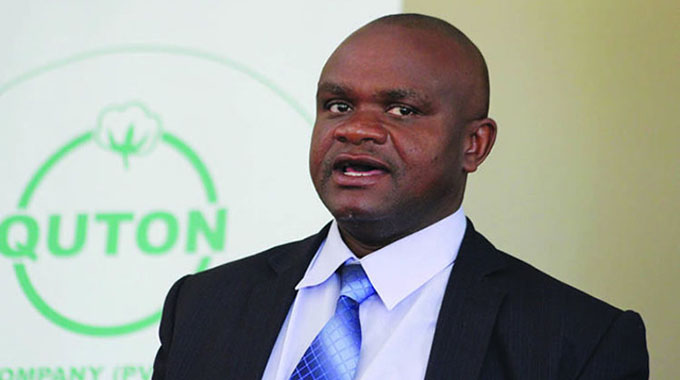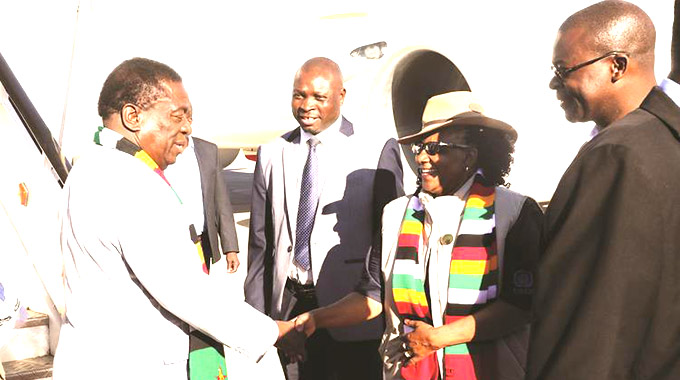Seed Co to commission seed drier

Michael Tome Business Reporter
SEED Co says it intends to commission its long awaited Artificial Maize Seed Drier locally in February 2020 with a further objective to spread the technology to its key regional markets as time progresses.
The move has been necessitated by the company’s determination to curb seed post-maturity losses and further advancing processed seed market readiness.
The development comes on the back of decreased seed volumes uptake owing to a widely publicised drought forecast which dampened seed purchases by farmers in the Southern African region for the 2018/20 farming season and floods in Malawi and Mozambique. As a result of the above the seed firm is on full drive targeting the supply of seed that will emanate from intensifying donor relief input support programs for granaries replenishment.
Seed Co limited group chief executive officer Morgan Nzwere said the development will curb losses of the harvested crop.
“Cob harvesting and seed drying technology project construction commenced with commissioning planned for February 2020.
“The Artificial Maize Seed Drier is expected to reduce seed post-maturity losses and expedite processed seed preparedness.
“The technology will be deployed to key markets following success of the pilot in Zimbabwe,” said Mr Nzwere.
Regional sales volumes were 3 percent lower overall but gains were recorded in crops like soya, sorghum and cowpeas. Zimbabwe volumes sales were 7 percent down compared to prior period.
Previous main revenue contributors weighed down volume growth by 11 and 5 percent for maize and winter cereal respectively.
Regionally Botswana, Swaziland and South Africa total volumes were 10 percent lower with maize falling by 18 percent ensuing from drought outlook dampened sales.
Additionally the company lost Botswana Government maize tender on pricing due to undercutting by competitors impacting negatively on company’s aspirations.
In Tanzania seed volumes dropped by 13 percent due to softening of commodity prices and drought in the second season.
Competitive pressures on pricing, a weaker Tanzanian shilling and reduced demand saw revenue declining by 18 percent.
Going forward the company intends to bank on its infrastructure, brand equity, agility in decision making to survive economic turbulence.










Comments